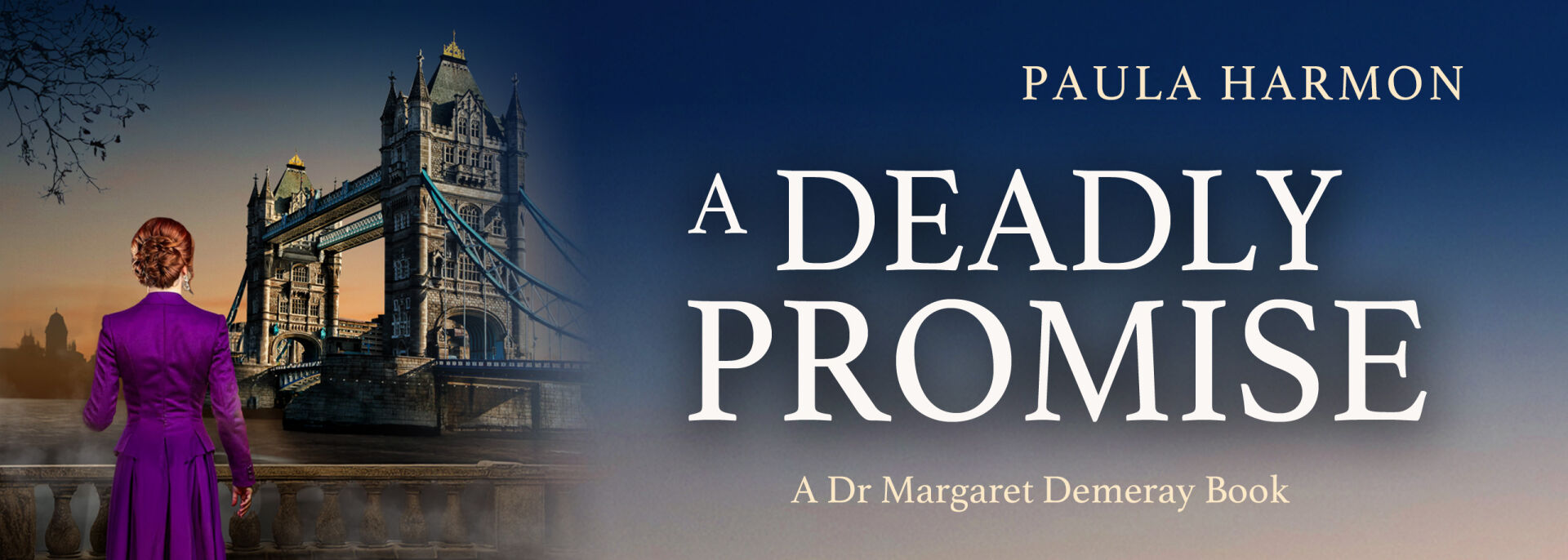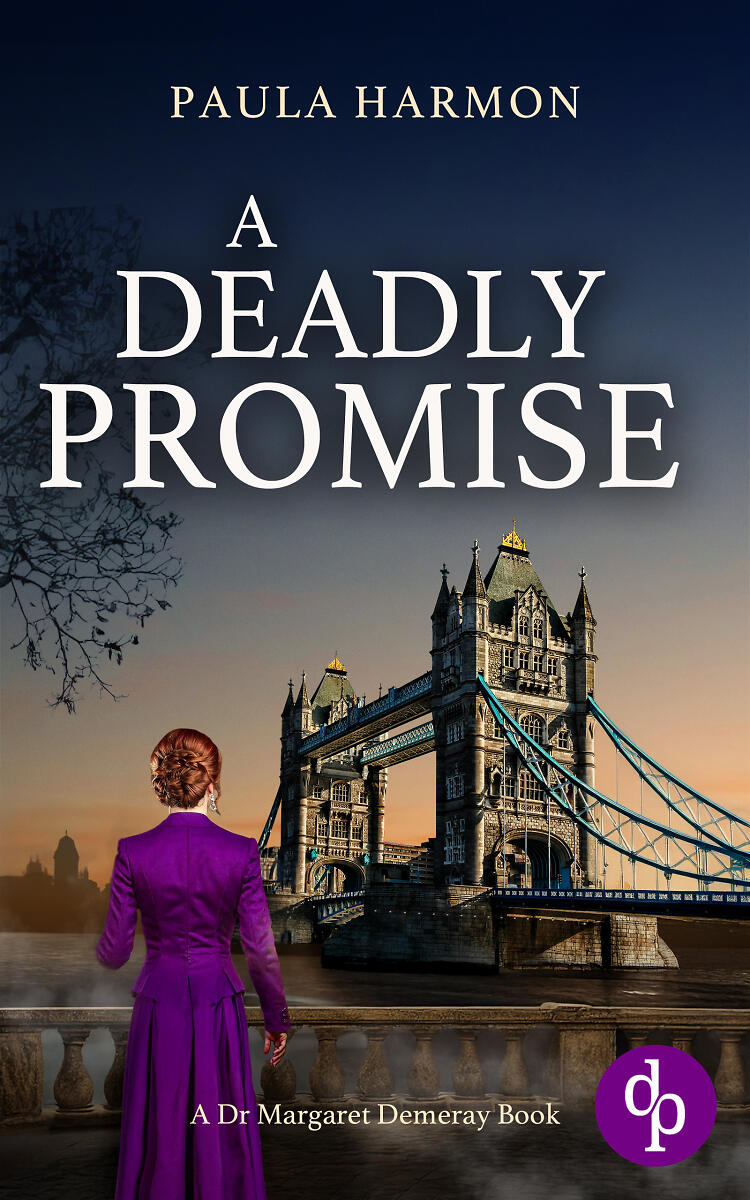One
June 1914
A man in his early twenties stood on the pavement, staring up at Cumbernauld House.
Margaret, concentrating on parking the Ford straight without hitting the kerb, noticed him when she stopped and watched him as she gathered her things. Something about his demeanour and dusty boots made her wonder whether he’d be more confident if the buildings were trees, the pavement a dusty lane and the rushing motor cars a single ambling cart. His stance appeared casual: left hand in pocket, head on one side as he seemed to compare the masculine angles of the neo-classical building with the feminine curlicues of the Achelois Women’s Club name plate attached to its wall.
Then he turned. A stern, determined scowl was underscored with doubt. His gaze flicked between a piece of paper in his right hand and the five-storey buildings on either side of the road.
He was surely lost; physically and perhaps mentally.
She thought he must have noticed her, but as she climbed out of the car, he made a sudden move and they collided. Her handbag fell and burst open. Fan, purse, visiting and business cards spread across the pavement.
‘Oh, madam! I’m so sorry, madam!’ The young man knelt to retrieve them. His left hand stayed in its pocket, though. Perhaps it was injured in some way and he preferred to keep it hidden. Perhaps.
‘Don’t worry. No harm done.’ Margaret took her things and smiled, hoping she didn’t look as wary as she felt. One of the worst things about being married to an intelligence officer was fearing encounters were sinister when they were nothing of the sort.
The young man seemed contrite and genuine as he tipped his cap. As she’d anticipated, his accent was rural. He seemed ill at ease – not simply from doubt, but because he might be uncomfortable. His suit looked new; stiff and a little large, bought to last a lifetime but rarely worn. His collar, on the other hand, must be tight. He’d undone the button at his throat and loosened the tie, leaving a thin red line round his neck. It made Margaret think of strangulation, which was another of the worst things about being married to an intelligence officer, or alternatively, one of the worst things about undertaking occasional post-mortems for the police.
‘I’m looking for Cumberland House,’ he said. ‘I thought it was on the corner of Charles Street, but that’s Charles Street.’ He pointed at the main road. ‘Someone sent me down here when I said Cumberland House, but this is Cumbernauld House and it’s not what I’m after. Have I got the names wrong? I don’t suppose you know. It’s not a place for ladies, not a women’s club. I mean the place I’m after.’
He sounded a little panicked. Margaret ran the names over in her mind, recalling a sunny day with her nephew Ed and young cousin George, being shown a new building and the one it was replacing.
‘Are you looking for the War Office?’ said Margaret, watching for his reaction.
‘Um … yes.’
‘Ah. It used to be in Cumberland House, on the corner of Charles II Street, not Charles Street. It’s a few—’
‘Used to be?’ The young man’s look of panic increased. ‘But I was told—’
‘It’s now in Horse Guards Avenue. It’s maybe a mile and a half from here. The best way to go would be …’ Margaret frowned, trying to work out how to describe a route she knew to someone who was lost and panicked. A taxi would be best, but he might not have the fare if he hadn’t taken one in the first place. Besides, it was seven in the evening. Even assuming people could just walk in off the street, surely no one would be there. ‘It’s rather late. Maybe—’
The young man swallowed. ‘Thanks, madam. In point of fact, I’m early. I’ll go and ask a policeman. I know ladies struggle with maps.’
Margaret’s wariness was replaced by irritation, but he scurried towards the corner before she could think of a retort. If he was that much of a fool, no wonder he was lost, and the army would be better off without him.
A taxi pulled up. A heavily bearded but otherwise largely bald man in his late forties stepped onto the pavement and tipped his hat. ‘Good evening, Dr Demeray. Pleased to make your acquaintance. Luther Byrd, Esquire, at your service.’
‘Good evening, Mr Byrd.’
‘I’ve brought the other coven members.’ He chuckled, then handed out his wife Iris, and a mutual friend, Margaret’s colleague Dr Sylvie Howe.
Sylvie always looked so different out of the plain grey outfit she wore to work at Dorcas Free. Her dark hair was lustrous, contrasting with her claret-coloured evening dress, and her blue eyes twinkled behind their spectacles. Perhaps Sylvie was thinking the same of Margaret, out of her own grey hospital outfit and fashionable in figure-skimming eau-de-nil silk.
Other than knowing she didn’t work for a living, Margaret barely knew Iris, so it was harder to guess whether the clothes she wore now were a departure from her everyday attire. She was wearing a dark mauve evening dress with black trimmings, and a mauve feathered decoration in her ash-blonde hair. Her natural expression was neutral, bordering on demure, but when she smiled one could sense mischief in her brown eyes.
Everyone shook hands.
‘Saw that fellow pestering you, doctor,’ said Mr Byrd. He had a slight wheeze. ‘Could have been a pickpocket. Are you sure he didn’t take anything from your bag?’
Margaret had been so busy worrying that the young man had a gun or knife that she hadn’t thought to check. She quickly peered inside. ‘Everything’s present and correct. He seemed harmless enough, just in the wrong place. I’d have given him directions, but he preferred to ask a bobby. Let’s hope he has better luck finding one of those than an address.’
Luther stared towards Charles Street and shook his head, then indicated that he would follow them up the steps into Cumbernauld House. ‘A bit lacking, was he?’
‘Lost,’ said Margaret. ‘He wanted—’
‘Here, mister,’ said the cabbie, leaning out of the window. ‘Do you still need me, or what? Only you’re still on the clock.’
‘Go home and look after that cold, Luther,’ said Iris, kissing her husband. ‘Sylvie will see me back safely.’
‘If you’re sure …’ Luther, his face full of tenderness, touched her cheek then nodded towards the building. ‘Don’t get up to too much nonsense in Sylvie’s club.’
‘Don’t wait about too long, Luther,’ said Sylvie. ‘This club isn’t as refined as Margaret’s. We need a man to sacrifice. You’d do nicely.’
Luther pulled a face of mock terror and held up his hands. After a final kiss on Iris’s cheek, he ran down the steps and climbed into the taxi.
‘If I thought a man would treat me like that in public after eleven years of wedded bliss, I’d consider marriage,’ said Sylvie, as she opened an inner door.
‘Fox wouldn’t have done that in public after three minutes,’ said Margaret. ‘That suits me. I’m sure it would suit you, too.’
Sylvie shrugged. ‘I doubt I’ll find out.’
‘Go on with you,’ said Iris. ‘Luther and I only have each other and the children. You’ve three siblings and lots of cousins, and I expect Margaret does too.’
‘Only one sibling,’ said Margaret. ‘As for cousins, though, I lost count after fifteen. Don’t mind us. It’s nice to see some romance instead of cynicism.’
Iris stared around the foyer. It was panelled in gleaming oak, with leaf-printed wallpaper above. A large desk with pigeonholes and keys behind it was staffed by a young woman in a light-green dress.
They signed in and Sylvie ushered Margaret and Iris into a pleasant dining room. The evening sun sent slanting rays through tall windows onto pastel walls patterned with twisting vines.
‘What a lovely place,’ said Iris. ‘I’d love to be a member of a university women’s club, but I wasn’t allowed to finish my degree. Sylvie says I could have associate membership, but I’d feel bogus.’
‘I’m sorry you were thwarted,’ said Margaret, as they took their seats and a maid filled their glasses. ‘I feel very fortunate that I was supported in my education. It was largely through my older sister’s determination. She didn’t have the opportunity to go to university, either, but she ensured I did. She hasn’t wasted her intelligence at all, though. I think she’s achieved much greater things than I have, but don’t tell her I said so.’
Iris Byrd sipped her wine and smiled. ‘Life is only wasted if one chooses to waste it in regret.’
‘You wanted to learn veterinary science,’ said Sylvie. ‘You have a way with animals.’ She turned to Margaret. ‘Iris’s guardians only let her do a year of biology at Cambridge and then said it was too much for her.’
‘What could I do?’ said Iris. ‘I had no means to rebel until I reached my majority. My guardians meant well. By the time I was twenty-one, I’d accepted that I would have to find another way to fulfil myself. Later, of course, I met Luther and we married. They knew he’d fuss over me and were content with that.’ The words weren’t defiant but complacent.
‘You’re making Margaret think Luther keeps you imprisoned, Iris.’
‘He’s just protective,’ said Iris. ‘But he doesn’t stop me from being my own woman. And I worry about him too, sometimes. I daresay you feel the same about your husband, Margaret?’
‘Of course,’ said Margaret. Fox was away at the moment and she had no idea where. She wondered what Iris would say if she knew that the risks Fox faced were significantly greater than those encountered by someone running a small chain of ship chandleries. ‘But I try not to say so.’
‘Anyway.’ Iris gestured around the room. ‘I’m looking forward to this evening.’
‘It’s chiefly social, as you can see,’ said Sylvie. ‘However, Mrs Harris will be giving details of the suffrage march next week. The one Aileen mentioned at Monday’s Dorcas Free charity event.’
‘Aileen?’ asked Iris. ‘Oh, do you mean your colleague, Dr Callendar?’
‘That’s right.’
‘I wasn’t able to attend the charity event,’ said Margaret. ‘I had no idea a march was planned.’
‘The march will be a calm, dignified and – more importantly – short walk to deliver a petition to Mr Riband, a member of Parliament,’ said Sylvie. ‘His daughter was top of her class at Oxford, so surely he understands how absurd it is that educated women can’t vote, while any man with enough money can. Will you come, Margaret? It’s on an afternoon when you don’t work at the hospital and I have leave. I suppose Luther won’t approve if you come, Iris.’
‘Next week?’ Iris shrugged. ‘I’ll see. Luther won’t object. Do you anticipate the same opposition as in May, when a petition was taken to Buckingham Palace?’
Sylvie’s eyes flashed behind her spectacles. ‘One would hope not. This is entirely different. The force we were met with that day was a disgrace. I was there as a medic: we could barely keep up with the injured.’
‘My husband and I were visiting my cousins that day, so I couldn’t go,’ said Margaret. ‘My friend Maude was arrested, even though she had done nothing wrong.’ She felt her hand tighten on the stem of her glass. Maude’s record had been against her and her pleas of innocence were ignored. She was back in Holloway; not hunger striking as yet, but bitter and despondent. ‘I’ll join you in her honour.’
‘Will your husband approve?’ asked Iris.
‘Of course,’ said Margaret, conscious of Sylvie’s curious gaze. She suspected that all her friends thought Fox had engineered the visit to stop her going on the march, even as a medic. ‘He’s happy for me to be my own woman, too.’
***
Fox returned home in time for dinner two evenings later. He didn’t say where he’d been, but his expression suggested things hadn’t gone well and he was tense even as they embraced. Margaret told him funny stories about the twins, about how she’d driven to Sylvie’s club and back without incident and about the club itself, but she didn’t mention the march. If his mission had been anything to do with suffragette militancy, it would simply irritate him. She wanted him to be calm enough to talk to her, if he needed to.
After dinner, they danced to the gramophone in the sitting room, her head on his shoulder, his arms warm around her. She could feel him relaxing, becoming more himself. Then the doorbell rang.
He tensed immediately. ‘What now?’ He released Margaret and made for the door as Freda ushered in Inspector Silvermann.
‘Sorry to arrive without warning,’ said the inspector. ‘Something’s come up you might want to know about … Superintendent Foxcroft.’
In the pause before he used Fox’s fictional title, the gramophone continued its waltz. The inspector glanced towards it and ran a hand over his face. He seemed paler than usual, his hand not quite steady. Fear? Anger? ‘I’m sorry to disturb your evening.’
‘Please sit down,’ said Margaret. ‘I’ll pour you some brandy.’
‘What’s happened?’ said Fox. ‘More arms?’
The inspector shook his head. ‘Not the kind you mean. Maybe not at all. It’s not a Special Branch job, in theory. Not even a Yard one. I’ve no reason to be here. But instinct tells me you need to know about it.’ He sipped the brandy.
Fox glanced at Margaret. ‘Go on.’
‘On Wednesday night a young man was shot dead. Here’s a photograph, Fox.’ The inspector opened his wallet and handed it over. ‘Recognise him?’
Margaret leaned over to see. The dead face bore a look of shocked surprise, and there was a rash like a ligature mark on his neck.
She felt herself go cold. ‘Oh God. I gave this man directions to the War Office at seven o’clock on Wednesday evening. What if I sent him to meet his murderer?’



